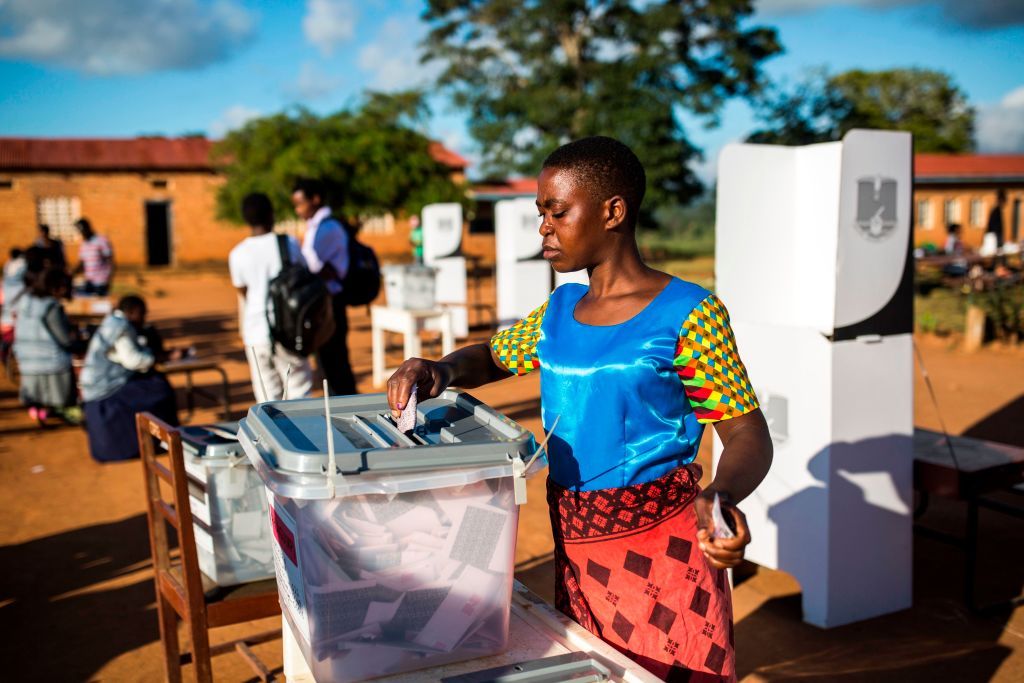By Twink Jones Gadama
The ruling by the constitutional court in Malawi nullifying the presidential elections set a significant precedent in future elections as it highlighted the importance of addressing and rectifying irregularities in the electoral process.
The ruling emphasized the need for free, fair, and transparent elections in order to uphold democracy and the will of the people.
In the case of Malawi, the court found evidence of widespread irregularities, including tampering with result sheets, the use of correction fluid on tally sheets, and unverified results.
These irregularities undermined the integrity of the electoral process and ultimately led to the nullification of the election results. This ruling sent a powerful message that electoral irregularities cannot be tolerated and must be addressed promptly and effectively in order to protect the democratic process.

Since the ruling in Malawi, there have been efforts to improve the electoral system and address irregularities in future elections. For example, there have been calls for electoral reforms, including the introduction of new voting technologies, the training of poll workers, and the establishment of independent electoral commissions to oversee the electoral process. These reforms aim to prevent irregularities and ensure that elections are free, fair, and transparent.
Despite these efforts, it is difficult to guarantee that elections will be completely free from irregularities. Elections are complex processes that involve multiple stakeholders and factors, making it challenging to eliminate all potential sources of irregularities. However, by implementing reforms and mechanisms to address irregularities, countries can work towards improving the integrity of their electoral systems and ensuring that the will of the people is respected.
When comparing irregularities to rigging in elections, it is important to note that irregularities refer to deviations from established electoral laws and procedures, while rigging refers to the deliberate manipulation of election results to achieve a desired outcome. Both irregularities and rigging can undermine the integrity of elections and distort the will of the people.
Irregularities can take many forms, such as voter intimidation, ballot stuffing, vote buying, and tampering with election materials. These irregularities can occur in various stages of the electoral process, from voter registration to the tallying of votes. Irregularities can be unintentional or the result of negligence, but they can still have a significant impact on the outcome of an election.
Rigging, on the other hand, involves deliberate and systematic efforts to manipulate election results in favor of a particular candidate or party. Rigging can take many forms, such as falsifying results, suppressing the vote, or disenfranchising voters. Rigging is a serious violation of the democratic process and can have far-reaching consequences for the legitimacy of an election and the stability of a country.
In comparing irregularities to rigging, it is clear that both can have a detrimental impact on the outcome of elections. Irregularities, if left unchecked, can erode trust in the electoral process and undermine the credibility of election results. Rigging, on the other hand, is a blatant violation of democratic principles and can lead to widespread unrest and instability.
In conclusion, the ruling by the constitutional court in Malawi nullifying the presidential elections highlighted the importance of addressing irregularities in the electoral process. While it is difficult to guarantee that elections will be completely free from irregularities, countries can work towards improving the integrity of their electoral systems by implementing reforms and mechanisms to prevent and address irregularities. Both irregularities and rigging can have a significant impact on the outcome of elections, and it is essential for countries to take steps to ensure that elections are free, fair, and transparent in order to uphold democracy and the will of the people.
©Malawi Online News


